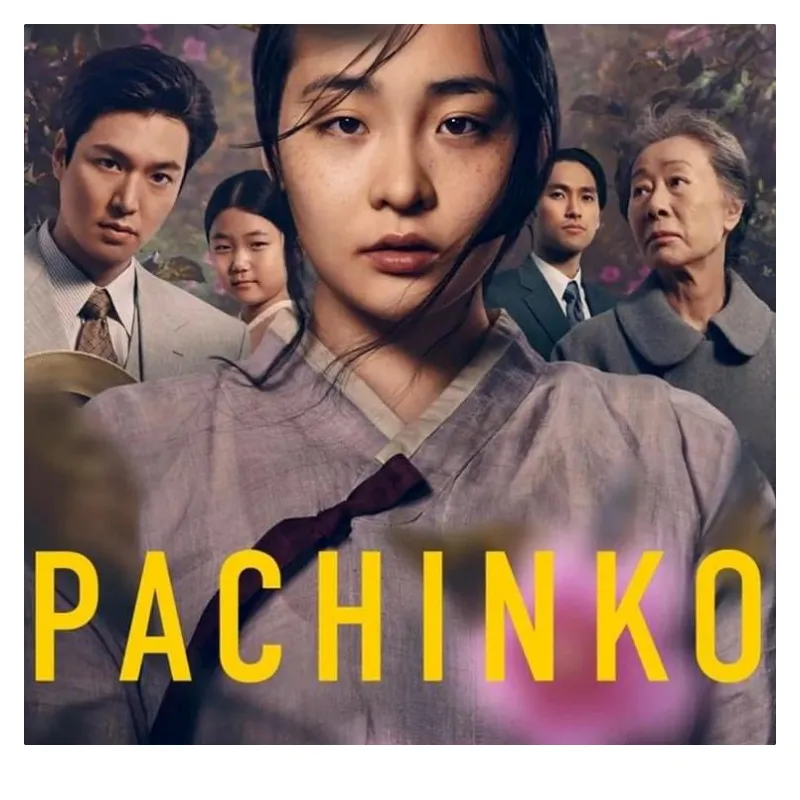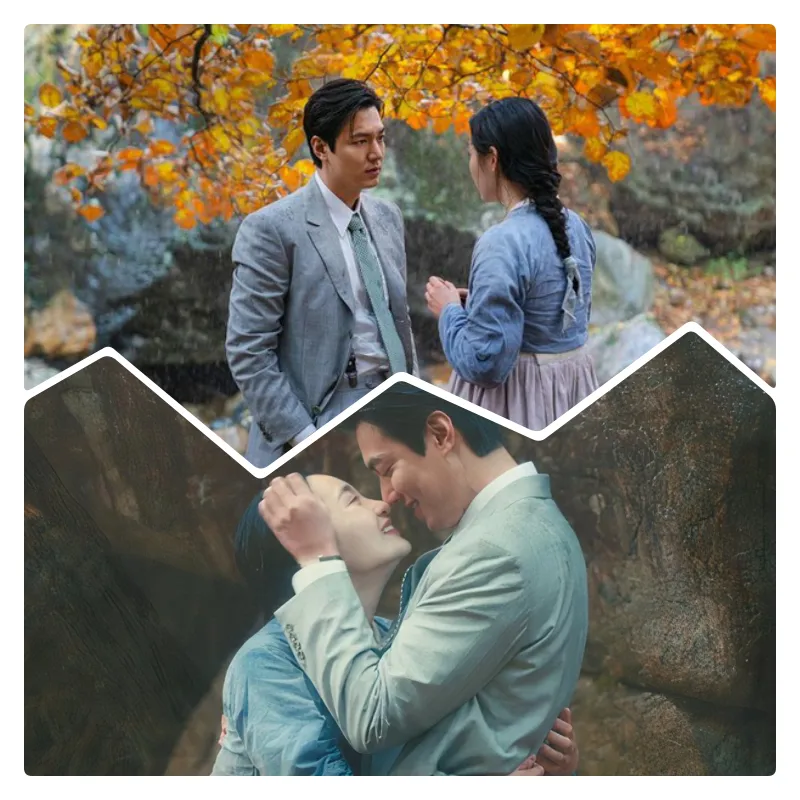
‘Pachinko 2’ Receives Widespread Acclaim

The second season of the series “Pachinko” has been praised for its poignant portrayal of the struggles faced by Koreans in the early 20th century, according to The Guardian.
On August 23, the first episode of the new season premiered on Apple TV+. The storyline picks up where the first season left off, set in the final year of World War II in Osaka, Japan. Kim Sunja (played by Kim Min Ha and Youn Yuh Jung) faces numerous hardships after her husband, Isak (Steve Sanghyun Noh), is arrested by the police. To support her two sons, Noa (Kim Kang Hoon) and Mozasu (Kwon Eun Seong), she resorts to selling kimchi at the market.

On Rotten Tomatoes, the series has earned a perfect 100% “fresh” rating. Critics have lauded the show for expanding on the narrative of the first season, solidifying its status as one of the best television dramas.
Variety remarked, “This season of Pachinko is filled with emotional highs that deeply move the audience.” The Guardian commented, “The series offers a sincere depiction of the fate of Koreans living in Japan, with outstanding performances.”
IndieWire described the second season as “a magnificent family drama that celebrates both the joys and sorrows of sacrifice. Soo Hugh’s epic emotional narrative returns bolder and more touching than ever.” According to IGN, this season is a masterpiece in storytelling, acting, production, costume design, cinematography, and direction.
Critics have praised the performances of the cast. After her strong performance in the first season, Kim Min Ha continues to impress as the younger Sunja. The actress effectively conveys the character’s gentleness and courage through her eyes and facial expressions. Lee Min Ho also shines, portraying both the glamour and inner turmoil of his character, Hansu, through his demeanor and actions.
Beyond the main storyline, the show makes an impact by exploring the life of Sunja’s grandson, Solomon (played by Jin Ha), in Tokyo during the 1980s. Solomon faces challenges after a failed investment. In the first episode, during the opening of a Pachinko parlor, Sunja and Solomon’s father, Mozasu, give him a check for 100 million yen to help with his business, which hurts Solomon’s pride.
The series features many scenes set in 1945, capturing a bleak and somber atmosphere. The filmmakers incorporate themes of discrimination faced by Korean immigrants in Japan, reflecting the social realities of the time.

“Pachinko” is adapted from Lee Min Jin’s novel of the same name, set during Japan’s occupation of Korea in the early 20th century. The story follows Kim Sunja, a young woman from a fishing village in Busan who falls in love with Koh Hansu, a Japanese collaborator. After being abandoned when she becomes pregnant, she is taken in by a kind man and marries him. Sunja follows her husband to Japan in search of a better life. The series intertwines past and present through Sunja’s memories, creating a narrative that spans generations.






